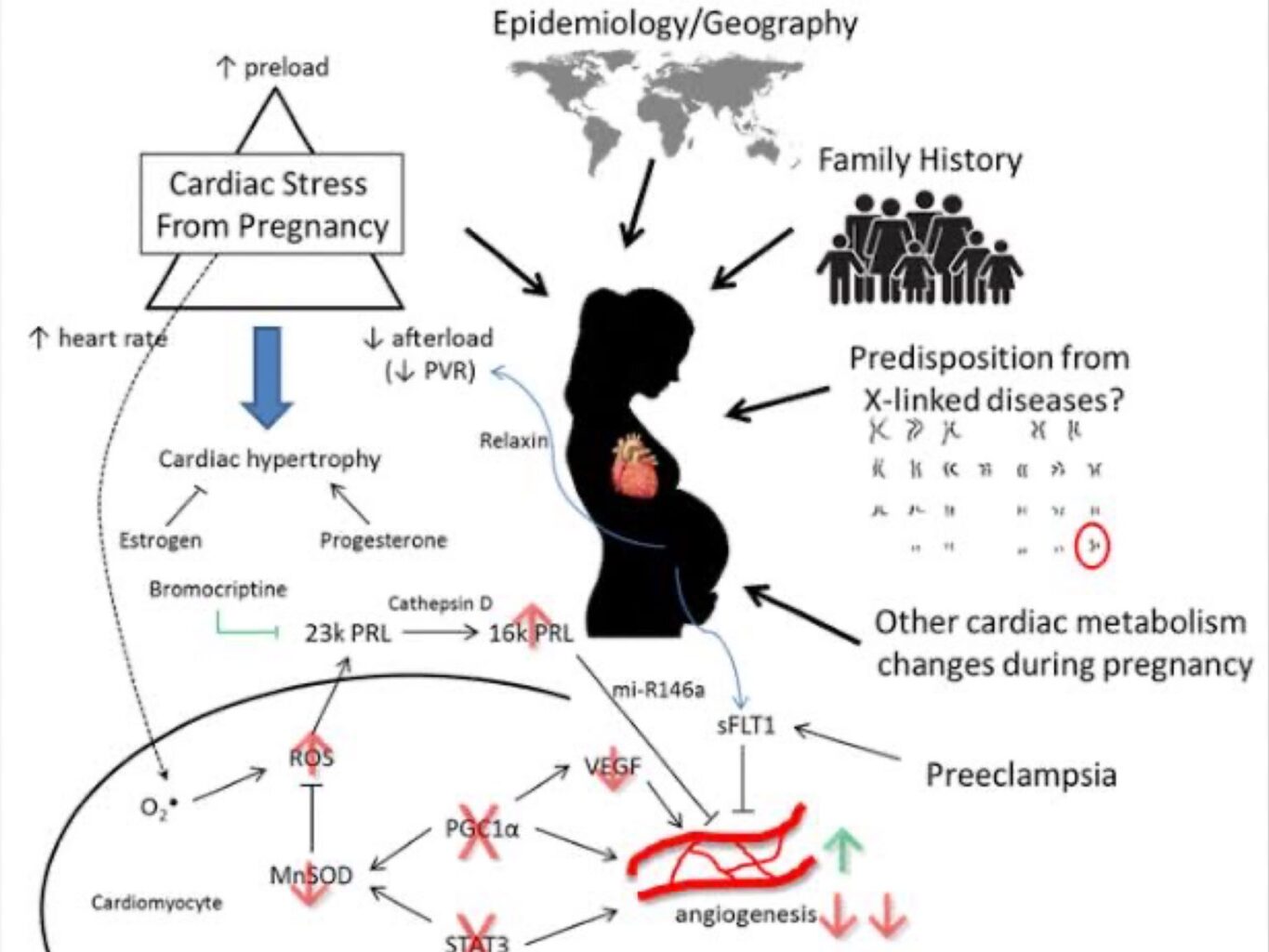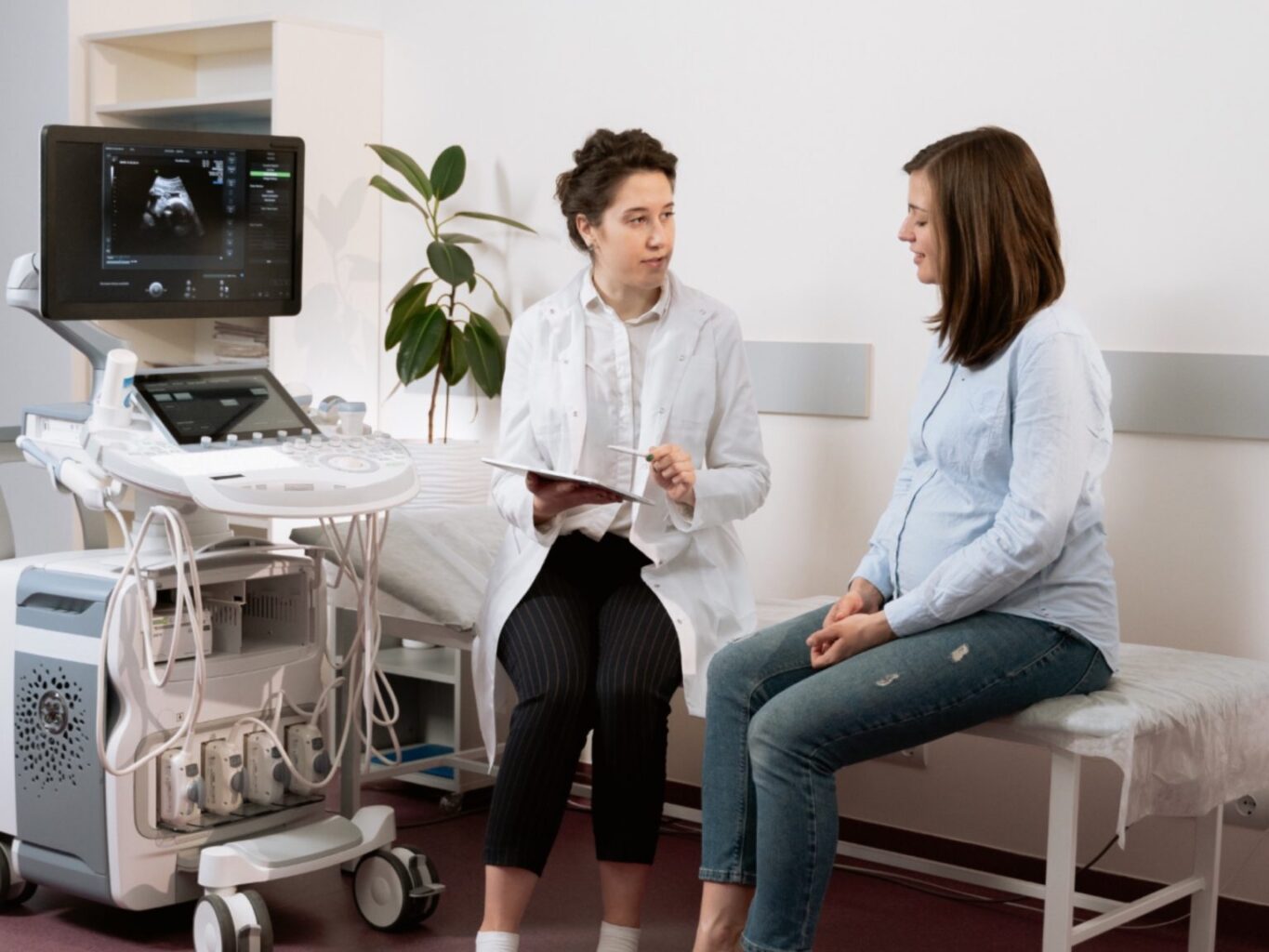❤️ Your Baby Needs You to be Happy ❤️
How does pregnancy affect the heart?

Pregnancy stresses your heart and circulatory system. During pregnancy, your blood volume increases by 30 to 50 percent to nourish your growing baby, your heart pumps more blood each minute, and your heart rate increases. Labor and delivery add to your heart’s workload, too. During labor — particularly when you push — you’ll have abrupt changes in blood flow and pressure. It takes several weeks after delivery for the stresses on the heart to return to the levels they were before you became pregnant.
What is Peripartum cardiomyopathy?

Peripartum cardiomyopathy is a type of heart failure. It occurs during pregnancy or immediately after delivery. The condition weakens the heart muscle and causes the heart to become enlarged. As a result, the heart can’t pump blood properly to the rest of the body. According to the World Heart Association, this heart condition affects a large number of women each year. Women usually receive a diagnosis during the last month of their pregnancies. It is too late and dangerous for the mother and baby.
MAMA’s Heart DNA Test can save your life

Look at more than 75 genes to assess your risk of developing an inherited form of heart disease, including Cardiomyopathy, Arrhythmia, Aortopathy, Thrombophilia, Hereditary, high blood pressure, Hereditary high cholesterol, and more. The American College of Obstetricians and Gynecologists recommends that pregnant women get screened for heart disease.
What’s included?

